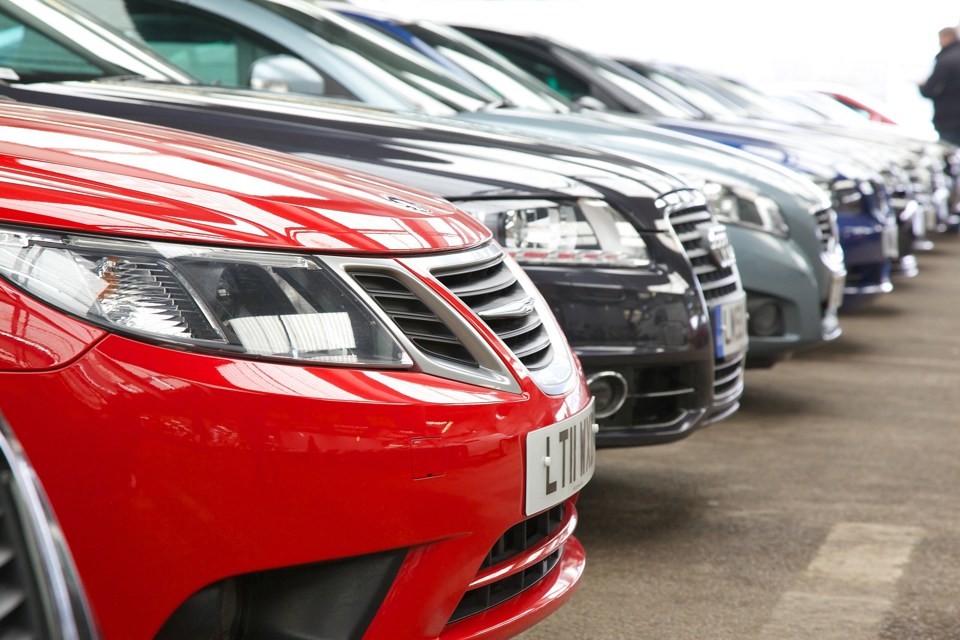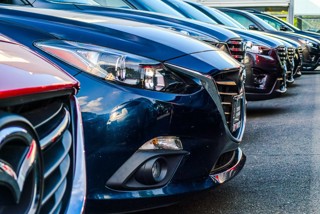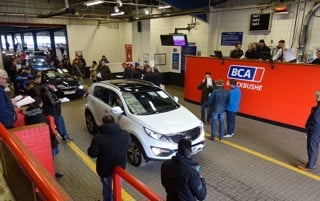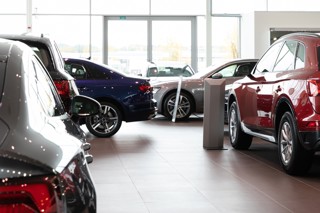The blurring of lines between dealers, leasing companies and rental firms, and used car websites with classified sites, means that retailing used cars online is set to change dramatically in the next few years.
That's the view of automotive executive Andy Carroll, a former boss of Chevrolet and Glass's, who has written an opinion paper with the desire to provoke thought and debate about what the future holds.
For the No More Silos paper, Carroll reviewed the latest consumer research, benchmarked leading UK used car websites, and analysed developments underway in the US.
His primary conclusion is dramatic changes in retailing of used cars online will be driven in the next few years by most used car buyers' desire to do the vast majority of their shopping steps online rather than on the forecourt.
"This shift online, coupled with the increased frequency of mobility contracts or pseudo-mobility contracts such as personal contract hire (PCH), will break down silos within the automotive distribution landscape that have existed for decades," said Carroll.
He said there are three dimensions to the breakdown, and together they will create a seismic change to automotive retailing.
The separation between used car aggregators (also known as marketplaces or classified sites) and traditional used car websites will become blurred, with consumers increasingly seeing them as alternatives rather than as two distinct steps in the shopping journey.
The distinction between car dealers, leasing businesses and rental companies will also blur, he said, with all three categories competing head to head for the private consumer of car usership on an ever-increasing basis.
And he believes the distinction between new car buying and used car buying will also gradually disappear, with dealers and manufacturers alike offering them to consumers side by side, on monthly contracts.
"Who will be the winners of this unprecedented shake-out? With businesses facing the twin challenges of significantly changing customer expectations and of new competitors from adjoining sectors, successful companies will be those that gain and retain the consumer’s trust online and in three areas: trust in the physical product, trust in the price, and trust in the customer service both before and after purchase," he said.
His paper predicts that, in the UK, recent and upcoming new entrants such as HeyCar, Next Car, Cazoo and Hertz Car Sales will all help shape the sector, but that their cumulative share will remain relatively small.
Instead, it forecasts that existing dealer groups have a window of opportunity to make the changes that will enable them to significantly grow market share as well as to reduce their dependence on businesses such as AutoTrader.
The paper sees AutoTrader’s move into new cars as a smart one, but also sees it as a defensive one necessary to protect its quasi-monopoly, and the threat from its erstwhile customers (the major dealer groups) as they attack it on its home turf.
With regards to the US, the paper explains why it predicts that the leader of online used car retailing in the US will be CarMax and not one of the new entrants such as Carvana, many of which will end up acquired by or merged with traditional dealer groups.
For dealers who want to take advantage of this once-in-a-lifetime redefinition of the sector, the paper lays out a comprehensive six point plan for how to achieve that, addressing everything from website functionality through people skills, sales team, organisation, inventory management, and customer acquisition strategies. Whilst some leading groups are already well on the journey, the paper underlines how the changes still required are immense, both physically and culturally.
For the paper, Carroll also gained input from Sophus3 and ICDP, and the full document is available to download from the ICDP here and Carroll's ICDP blog is here.
"It draws together facts and builds conclusions and predictions that make for a thought-provoking read for automotive leaders who needs to prepare their business for the changes afoot," said Carroll.


















Login to comment
Comments
No comments have been made yet.